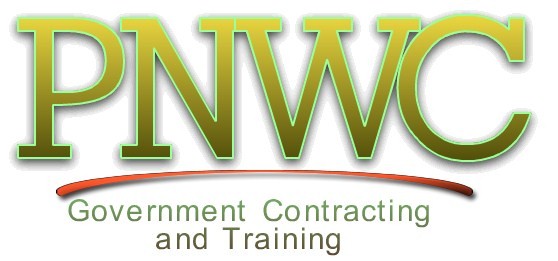Contractors Must Now Engage in Technical Exchanges with DoD Prior to Incurring IR&D Costs | PNWC’s Government Contracting Update

Last February, DoD published a proposed regulation for its FAR Supplement (DFARS) that would require “major contractors” to engage in technical interchanges with DoD before IR&D costs (Independent Research and Development Costs) are generated. Major contractors in this context are defined as those that allocate more than $11 million in IR&D and B&P (Bid and Proposal) costs per year to DoD prime contracts (see Enhancing the Effectiveness of Independent Research and Development). The effective date of this new requirement is today, November 4, 2016.

